Growing up with domestic violence (CDV) can have a profound and lifelong impact
-Dr. Renee McDonald
What is the impact of CDV?
According to 30 years of extensive research, Growing up in a home with domestic violence – Childhood Domestic Violence (CDV) – can have a profound and potentially lifelong negative impact that is associated with a long list of potential dire consequences and can keep a person from the life meant for them.
CDV negatively wires the chemistry of a child’s developing brain and the formation of their cognitive belief system. It instills a series of negative beliefs that can hold a life hostage well into adulthood, with serious repercussions in the 4 key areas of life. The cumulative impact on all the lives affected is costing our society hundreds of billions of dollars annually.
The impact of CDV can be lifelong on physical and mental health, including anxiety, depression, traumatic stress, difficulty in relationships, academic and employment failures, and trouble parenting.
They will never be able to reach their full potential in life…unless they unlearn what was learned in that home and learn anew.
How Does CDV Impact a Developing Brain?
Understanding what CDV does to a life begins with understanding its impact on brain development.
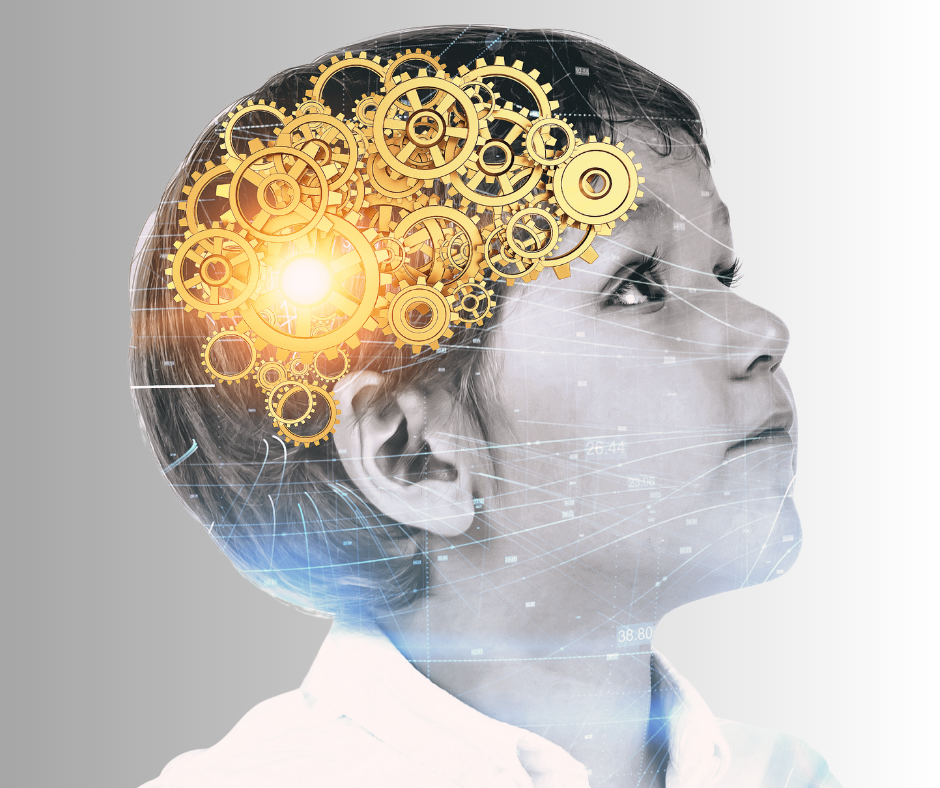
Children who experience CDV are in a constant state of hyper-vigilance, excessive worry and fear – the “fight or flight” response – which is toxic enough to change the structure of their brain. According to research, children growing up in homes with domestic violence often experience Post Traumatic Stress Disorder (PTSD) and brains scans from children from these homes seem remarkably similar to brain scans of veterans returning from combat. So a child’s brain is impacted by CDV similarly to that of a soldier at war. And the invisible scars can last a lifetime.
The LIES Learned Growing Up with CDV
Childhood Domestic Violence instills a cluster of false negative beliefs – or LIES – people internalize about themselves and the world. If left unchallenged, they can last well into adulthood with serious and even tragic consequences. Leading experts agree the LIES tend to fall into 10 key categories.
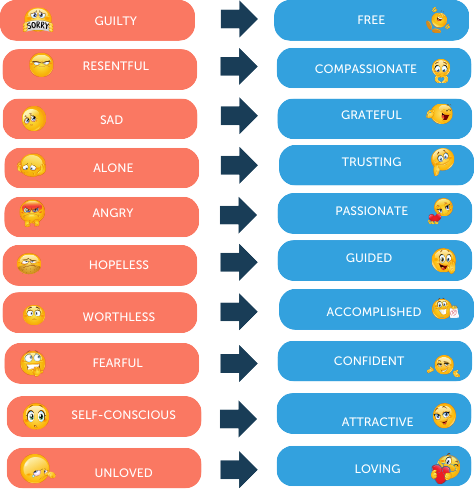
These negatie beliefs are not true. But since encoded early on, the brain, doing its job, seeks to find more evidence throughout life of what it already believes is true…true or not…while filtering out any information that doesn’t support its beliefs. So if unchallenged, the LIES can become lifelong and unquestioned – the brain’s default position. That’s just who they are. That can negatively impact key areas of life, holding them back from their goals and innate potential.
According to a leading expert on how the brain learns…they will not reach thier full potential…unless they “unlearn” what was learned in that home. The best way to unlearn is to have someone step in and offer a different perspective that challenges the false beliefs and shifts the brain onto a different path.
For every LIE, there’s, corresponding TRUTH. Exposing the LIES and embracing the TRUTHS is the path to healing, overcoming the impact and thriving. Start unlearning the LIES…
What CDV Does to a Life
Those who growing up in a home with domestic violence can face a wide spectrum of challenges in some or all of 4 key areas of their life that are long-lasting and can rob them of the life they imagined for themselves.
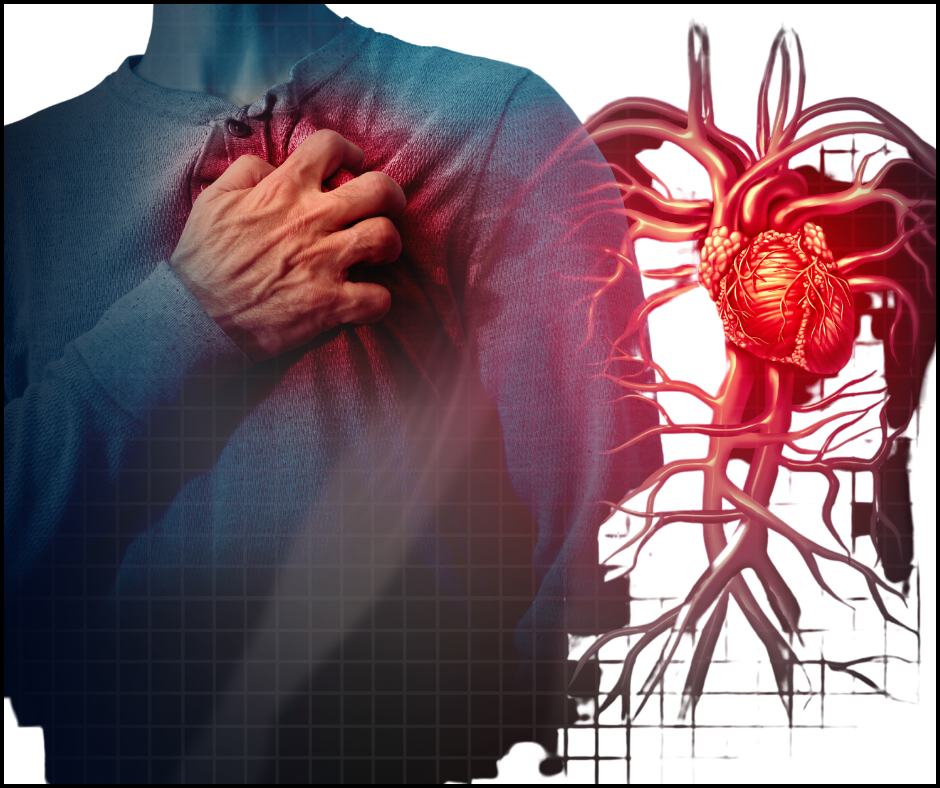
PHYSICAL HEALTH
Growing up with domestic violence is strongly correlated with the top 10 leading causes of early death later in life, including diabetes, heart disease, and cancer.
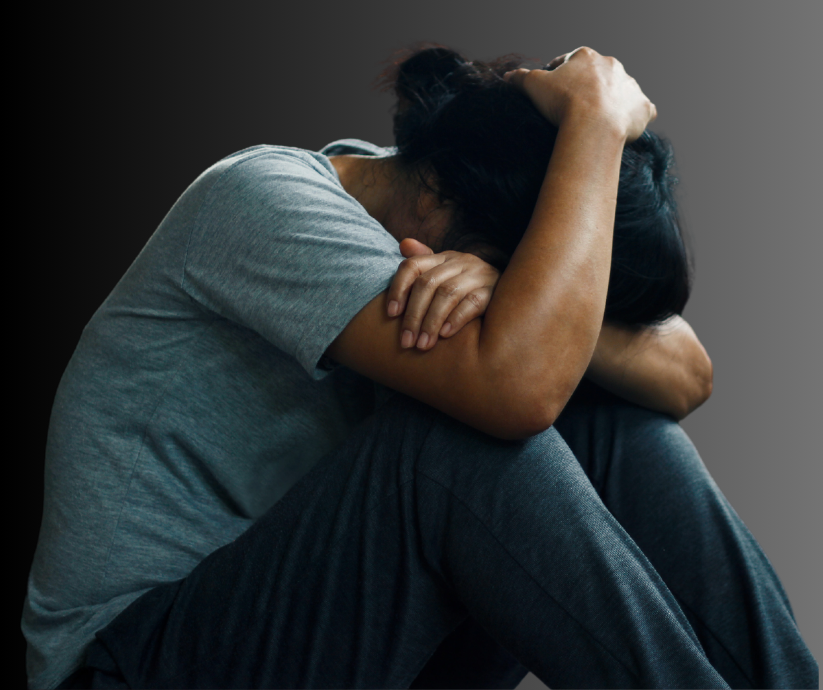
MENTAL HEALTH
Those who grow up with domestic violence often struggle with major mental health issues like PTSD, anxiety, and depression, and have a much higher risk for substance abuse and suicide.
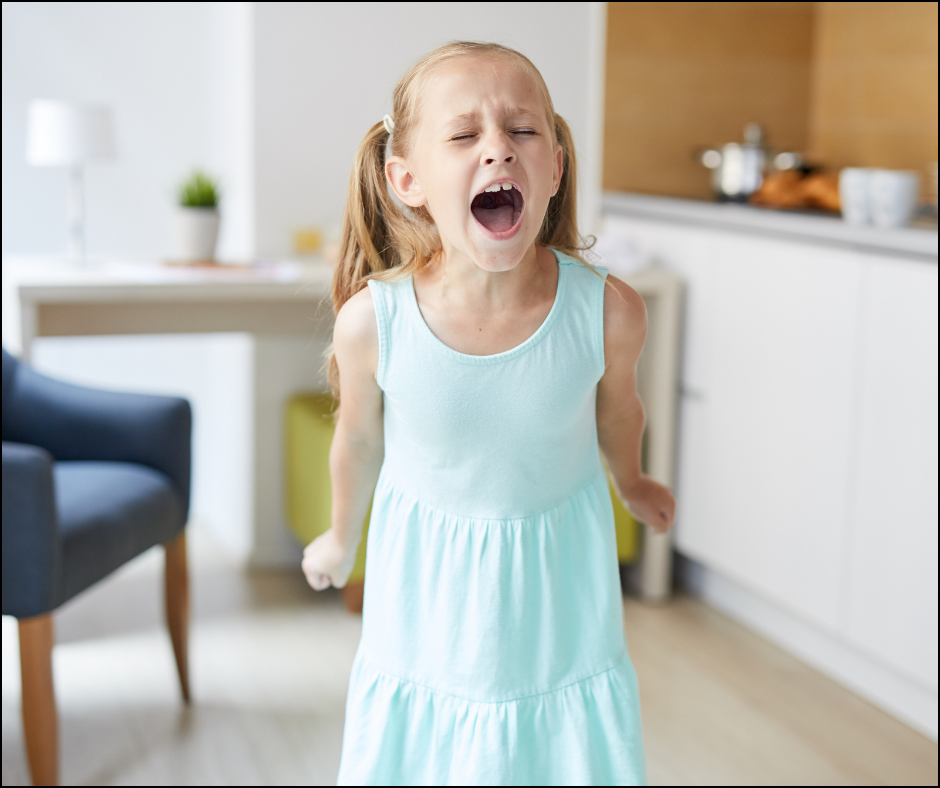
BEHAVIOR
Growing up with CDV greatly increases one’s risk for behavior challenges, including withdrawal, aggression, bullying, teen violence, and future violent behavior & incarceration

RELATIONSHIPS
Those who faced CDV frequently struggle socially, in intimate relationships, and with parenting, often unable to create normal connections or build the close relationships they crave.
A Long List of Dire CDV Statistics Make the Future Seem Grim
Growing up with Childhood Domestic Violence is associated with a long list of alarming statistics that reflect its profound and often life-long impact. Below are just a few of them.
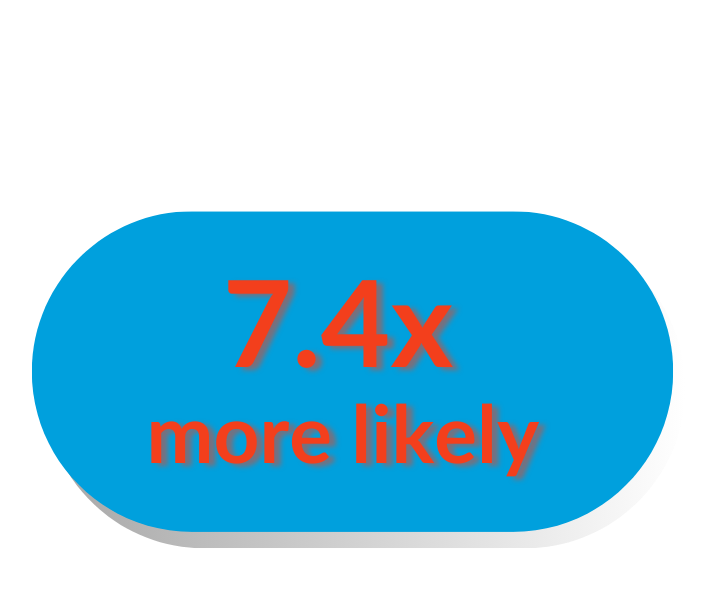
to attempt suicide
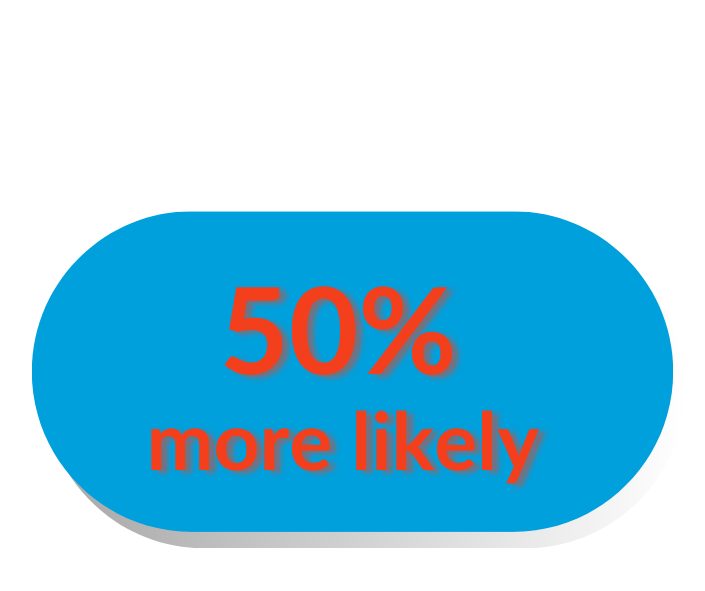
to abuse drugs / alcohol
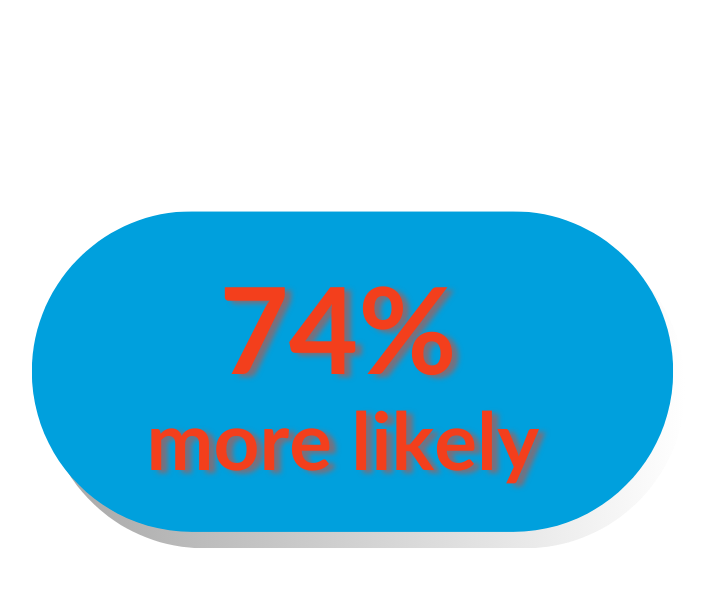
to commit a violent crime

of domestic violence in adulthood
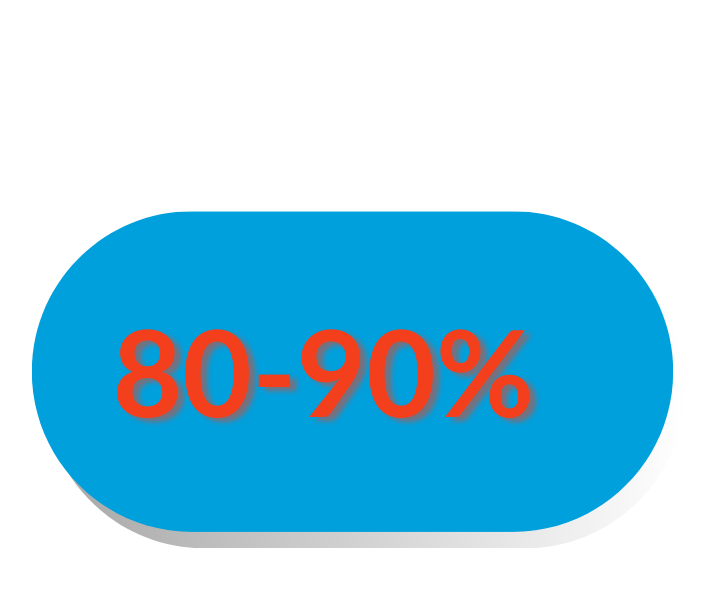
of prisoners come from these homes
The prognosis appears grim for anyone impacted, with the odds stacked against them. What’s worse is because CDV has less than 10% awareness and virtually no understanding – even among those impacted – most are often completely unaware that they expereinced something in childhood that’s “a thing” or that it had an impact on them. And even those who do don’t claim it as their own experience – after all, they weren’t the direct target of the abuse, their parent was.
Many leave their childhood homes but are unable to live the lives they hoped to lead becuase they cannot connect the dots between their childhood home and the challenges they face today…and they’re simply unaware of that fact.
But There Is Hope – the Negative Impact Can Be Reversed!
Research shows the brain CAN unlearn what was learned in that home…and learn anew. But it needs is a different perspective to challenge its current beliefs and interrupt the inertia, shift the brain patterns, and put it on a different trajectory. One of the most effective paths is when THE ONE steps in.
If you grew up with CDV, you can take the first steps here – this site can be THE ONE for you, to help put you on a different path. If you care about or professionally serve someone impacted, you can learn how to be THE ONE for them. Click the button that best applies to you to take the next step.
